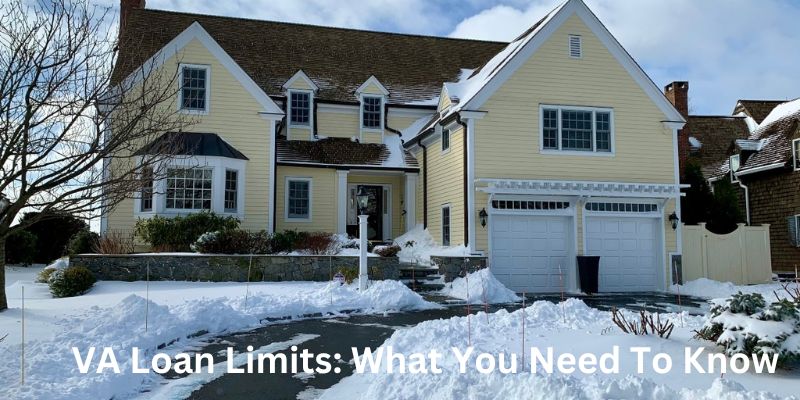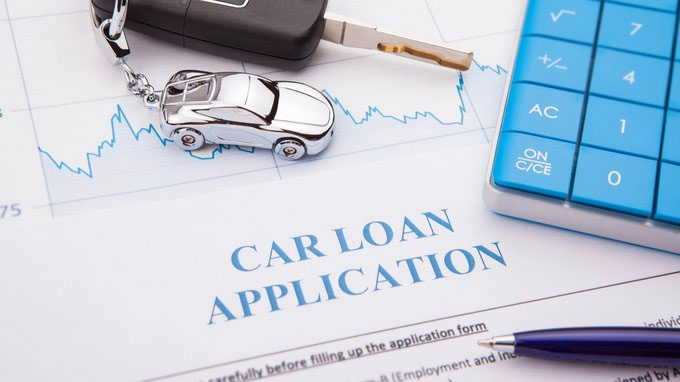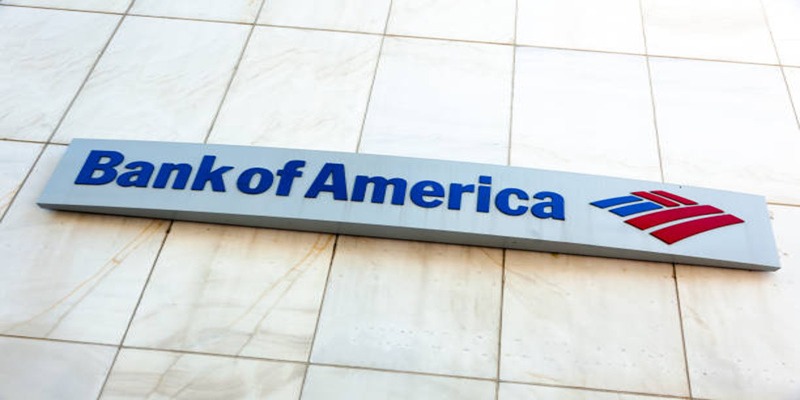With a fixed-rate student loan, the interest rate remains the same each month, making it easier to budget. However, the interest rate on a variable-rate student loan might rise or fall with changes in the market.
As a rule, fixed-rate student loans are the more secure option. Your student loan's interest rate determines your regular payment and the total amount of interest you will pay. There are advantages and disadvantages to both fixed or variable student loans.
Decide between the two possibilities thoughtfully, as each has the potential to significantly alter your financial situation, both now and in the future.
Education Loans With A Constant Interest Rate

The name "fixed interest rate" pretty much says it all: the rate is set and won't change throughout the life of the loan. Only a debt consolidation or refinancing might alter this.
Consumer advocate Whitney Barkley-Denney, who works for the Center for Responsible Lending, argues that borrowers benefit from a student loan fixed or variable rate because they can plan accordingly.
With a fixed-rate student loan, you can anticipate exactly how much interest you will accrue. Use a student loan calculator like the one available on FinAid.org to establish how much you'll have to pay back. Other factors include the interest rate, the initial loan sum, the monthly payment amount, and the length of time you plan to make payments.
College Funding with a Changing Interest Rate
The interest rate on the other student loan might go up or down. The rate is dynamic; its very name implies as much. Private lenders only offer student loans with variable interest rates; the government does not provide them.
There is a method to the madness for lenders establishing fluctuating interest rates. They are pegged to a benchmark interest rate, such as the prime rate or the Secured Overnight Financing Rate. Lenders may alter interest rates in response to shifts in certain financial indices.
The variable interest rate offered by a private lender for student loans is calculated as an increase or decrease from an index plus a certain margin. The margin represents this proportion.
The rate would be 8.39% if the margin was 5% and the 30-day SOFR was 3.39%. A variable interest rate, often known as a floating rate, can fluctuate monthly, quarterly, or yearly, depending on the lending institution.
Is A Variable-Rate Student Loan Right For You?
Frankie Rendón, media outreach expert at Student Loan Hero, a website for managing college debt, says that a variable-rate loan might be a suitable option if you are certain you will repay the loan before the interest rate increases.
You will save money throughout the loan if the variable rate is less than the rate you would get with a fixed-rate loan. When picking between a variable and a fixed interest rate, it's important to consider your particular preferences and degree of comfort.
To determine if the potential savings from the lower variable interest rate are worth the added risk, Rendón suggests calculating the difference between the two. If that's the case, you should look into getting a student loan with a variable interest rate.
Which Students Should Consider a Fixed-Rate Loan?

Some borrowers are better served by fixed-rate loans than variable-rate ones. There may be better options than a variable rate if you'd rather have a predictable payback schedule. A loan with a fixed interest rate would be preferable in that situation.
You won't have to worry about making a last-minute payment to avoid a rate hike. Borrowers should remember that student loans are typically long-term commitments and consider this while making repayment plans.
The normal repayment period for a private student loan is between 15 and 20 years. Inflation-driven rate increases can be a source of instability, but the stability provided by fixed-rate loans can help mitigate this risk.
Flip Your Mortgage From a Fixed Rate to a Variable Rate
You can refinance your private loan with the same lender or with a new one if you change your mind about whether you prefer a fixed or variable interest rate. Private student loans may include origination costs, although this is unusual.
The federal government's aid for students will end if you do this. Furthermore, federal student loan payments are suspended till December 31, 2022.











